French Tricolour Hound
The French Tricolour Hound is a breed specifically bred for hunting. Even now, they are bred for a single purpose - pack hunting. These dogs were never meant to be peaceful family pets, and they feel most comfortable when they have a hunting job to do.
The French Tricolour Hound is considered a rare breed in the world and in their native country of France. They were owned almost exclusively by hunters and hunting clubs. These dogs will need an unbelievable amount of exercise, and they can quickly become bored if they are not allowed to run and hunt.
These dogs can be described as:
- Relentless
- Great hunters
- Energetic
- Intelligent
- Independent thinkers
- Difficult to own as pets

Height:
24-28 in (60-72 cm)

Weight:
50-80 lb (22-36 kg)

Origin:
France

Life Expectancy:
10-14 years
Dog Breed Characteristics
The French Tricolour Hound shares many of their characteristics with their ancestors - the Foxhounds. These dogs are built for stamina and relentless hunting. They have a medium-long muzzle and large brown eyes. Their ears are set at the same level as their eyes, and they are medium-long and slightly curled at the end.
These dogs have perfectly straight and muscular limbs that enable them to chase and hunt at incredible speed. They have deep, powerful chests and a tail of reasonable length. Both sexes can reach a height of 24 - 28 inches at the withers.
Temperament
The French Tricolour Hound is known as a true hunting breed, and their temperament might never allow them to become good family or house pets. These dogs need to hunt, and that is the sole purpose this breed was created. If you are looking to get a hunting pet, there are other options, and it might be pretty hard for you to even get in contact with a French Tricolour Hound breeder.
If you decide to get one of these dogs for a pet, we can only assume what their character might be. But if we compare them to other hunting hounds, there is a good possibility that these dogs might have a chance of being good pets with training and socialization.
Scenthounds are usually good with kids and pretty gentle and affectionate with their families. They are highly energetic, and before you even think about training them, you need to satisfy their activity needs. They are alert and might make good watchdogs, but they are not a good guarding breed because they are relatively friendly.
Training
The French Tricolour Hound was bred for hunting, and because of that, they will need proper training if you want this breed to develop into a well-behaved, family dog. Also, their high prey drive can be a problem that you will need to take care of. These dogs can be stubborn, so you will need patience and consistency.
They can object to training, but they will eventually do what you expect them to do if you are persistent. They are independent thinkers, a trait that was expected of them when hunting in packs.
When training a French Tricolour Hound, make sure you use positive training methods. Never use fear, punishment, or pain because not only is it cruel, it can result in an overly shy or even aggressive dog. Be firm, fair, and consistent, but use only positive reinforcement!
These dogs are eager to do whatever their people ask of them. Involve as many treats as you can and keep the training sessions interesting. They have natural hunting instincts, so only slight adjustments are needed if you are training these dogs for hunting.
Socialization
When socializing a French Tricolour Hound, you shouldn’t have too many problems because these dogs have been working with other dogs for years, and they generally get along great with them. They can be shy when it comes to strangers, but early socialization can teach them that strangers are nothing to be afraid of.
Socialization can even be done at home. Dress differently; wear glasses, hats, and baggy clothes so your puppy can’t recognize you right away. Teach your puppy to stay alone for a while and not make a fuss about it. It is the best way to make sure your puppy will grow up to be a stable, confident, and well-behaved dog.
French Tricolour Hound and other pets
When it comes to other dogs, the French Tricolour Hound has no issues and even prefers to have other dogs’ constant company. If you are thinking about getting one of these dogs, it might be useful to think about getting them some company. They will get along with just about any breed and with dogs of both sexes.
Their philosophy is “the more, the merrier.” If your dog has some company, it is less likely to get in trouble and misbehave while you are away. They are also less likely to be bored and less likely to develop separation anxiety.
If you already have other pets like cats, bunnies, ferrets, gerbils, or guinea pigs at home, you might want to rethink your dog breed choice. No matter how well your French Tricolour Hound is trained or socialized, it will never be a good companion to other smaller pets. These dogs have a powerful prey drive that will make them see other pets as prey.
They will most likely chase them, and that can have terrible consequences.
French Tricolour Hound and kids
Early socialization and proper training can teach them to behave even when children are around. Their temperament makes them more suitable for families with older children. If you train and socialize your dog well, your children will get a great playing partner that has plenty of energy. These dogs can play for hours upon hours without getting tired or bored.
These dogs are not the best choice if you have smaller kids. They can be gentle but can easily get riled up from the action and noises that come with having active toddlers at home. These are hunting dogs that aren’t bred to be pets, so we can only guess what can happen when they interact with small kids, but that is a risk no one should take.
Children should never be left alone with any dog, no matter what breed it might be. You should make sure that your children understand how to approach dogs of this breed and understand how to interact and play with them properly.
Health problems
The French Tricolour Hound is generally considered a healthy breed, but they are prone to some health issues and concerns like any other dog breed. These dogs have an average lifespan of 10 - 14 years.
Health problems associated with this breed are;
- Hip dysplasia - Genetic problem affecting hips resulting from an improperly formed hip joint.
- Ear infections - Especially for dogs that love water, you need to check their ears regularly for signs of infections or redness.
- Entropion - A defect causing the eyelid to roll inward.
- Ectropion - A defect causing the eyelid to roll out or sag.
- Allergies - These dogs are prone to allergic reactions to specific foods, products, or medications.
- Hound ataxia - The loss of coordination and balance due to sensory dysfunction.
Breeders
Getting a hold of a French Tricolour Hound breeder might be a challenging task. Most of them are French, and it might be challenging to get them to sell their dogs as pets. If you manage to get in touch with breeders, make sure they have all the necessary health tests done to be sure that your new hunting partner will be as healthy as possible.
World Dog Finder team

Updated at04.09.2023.
Breed History
The French Tricolour Hound has come to life due to crossbreeding the Large Anglo-French Tricolor Hound with the Billy and Poitevin breeds. French hunters wanted to create a hunting breed with strength, endurance, and a fine nose like their larger French cousin but had less English influence on the breed.
Their original French name is “Francais Tricolore.” It is still a relatively large dog that should have a very knowledgeable owner. These dogs were used for hunting wild boar, roe deer, red deer, and smaller game like the foxes.
Pack hunting was extremely popular among the French nobility, and that is when they settled different topics and business arrangements. A lot of French policymakers used those hunting events to get familiar with other rich French people. After the French Revolution, pack hunting declined, and so did the number of pack-hunting dogs.
These dogs’ numbers are low but relatively safe as long as hunting organizations keep the breed safe.
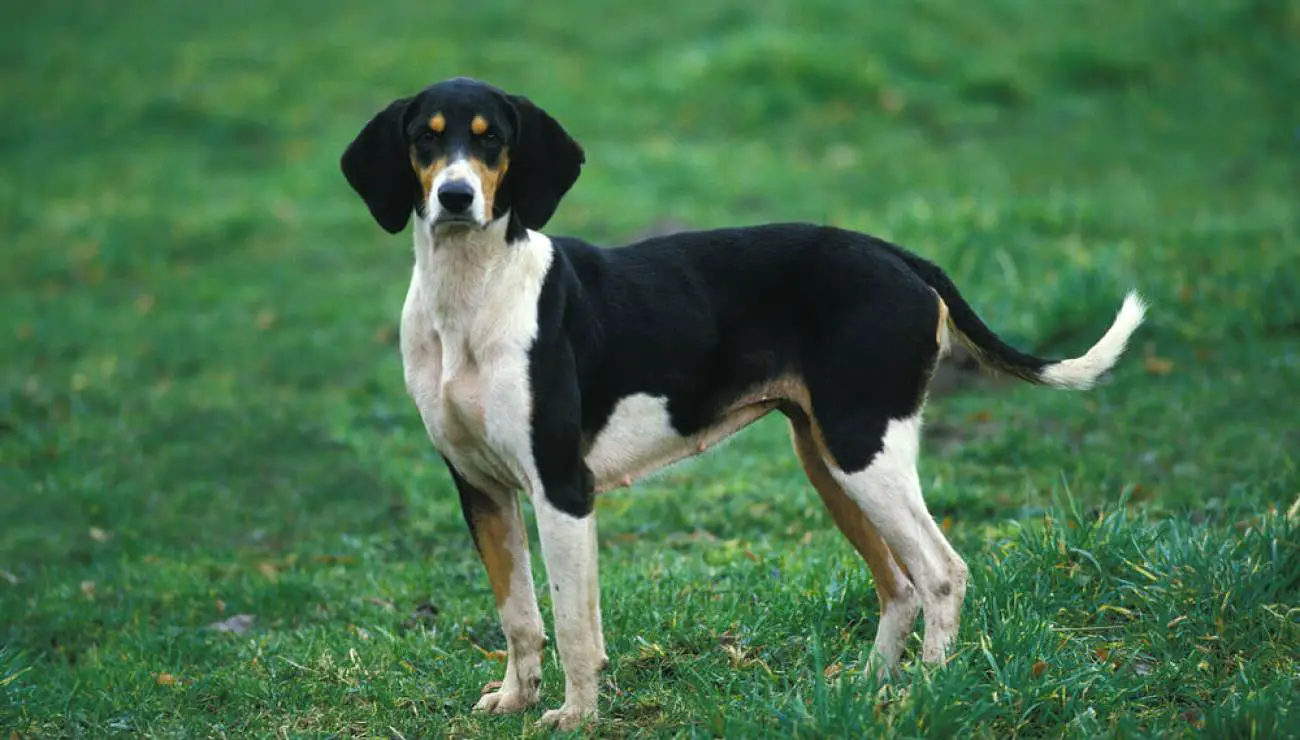

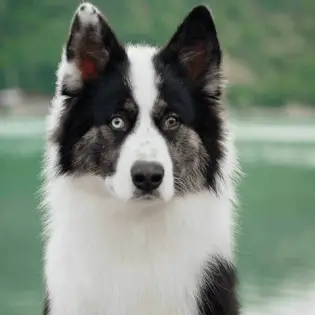
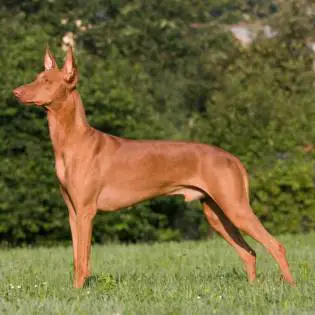

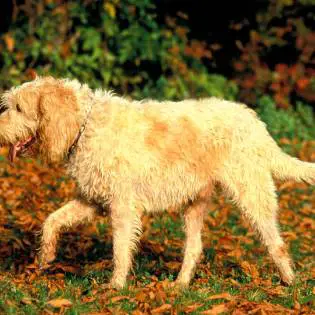
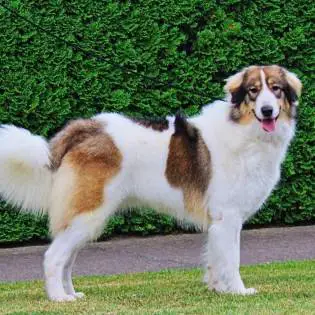
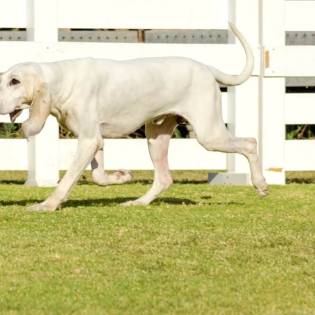

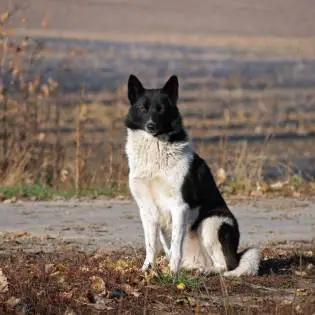
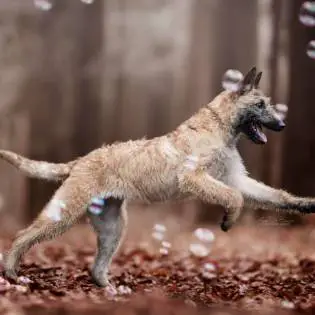

Share